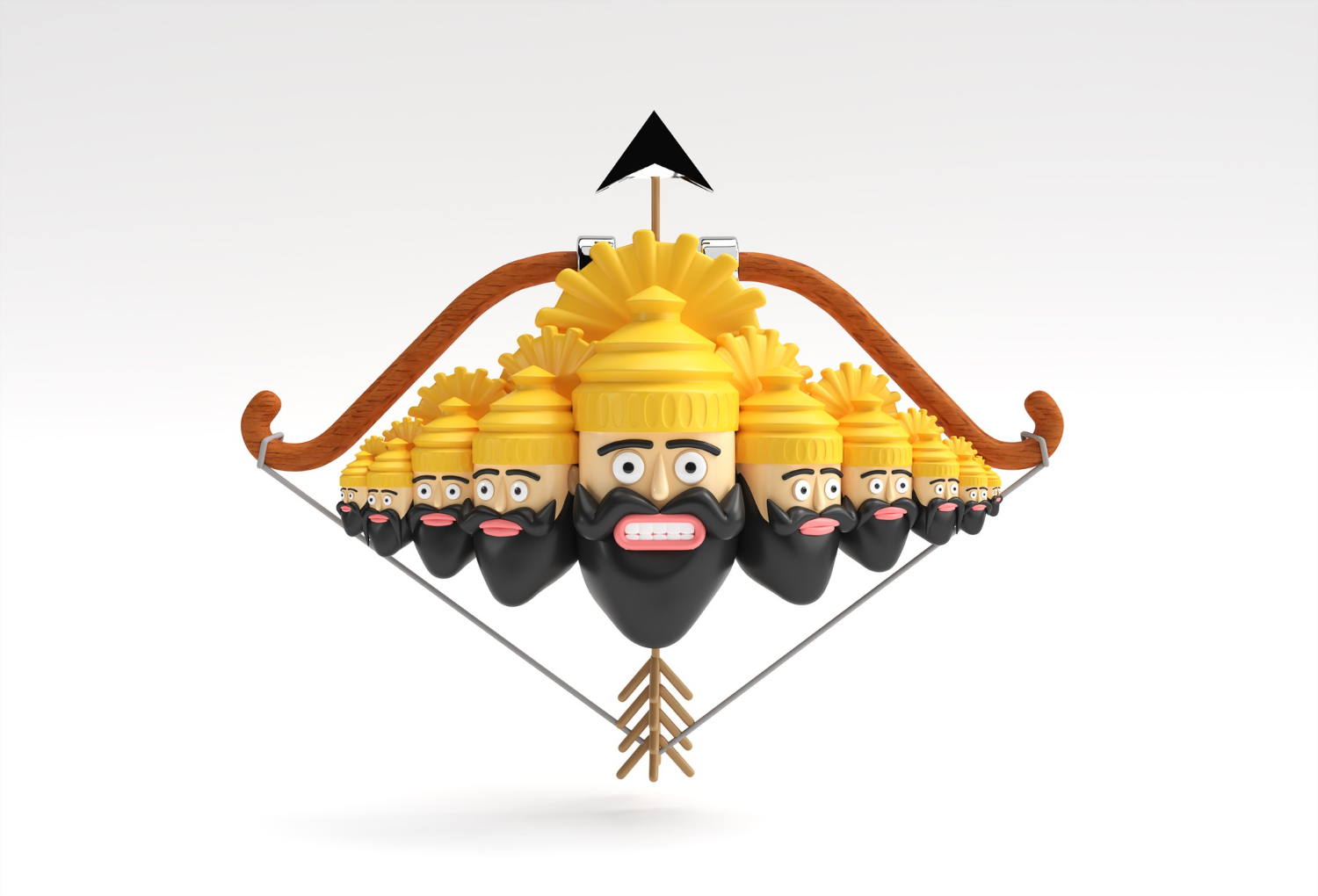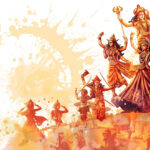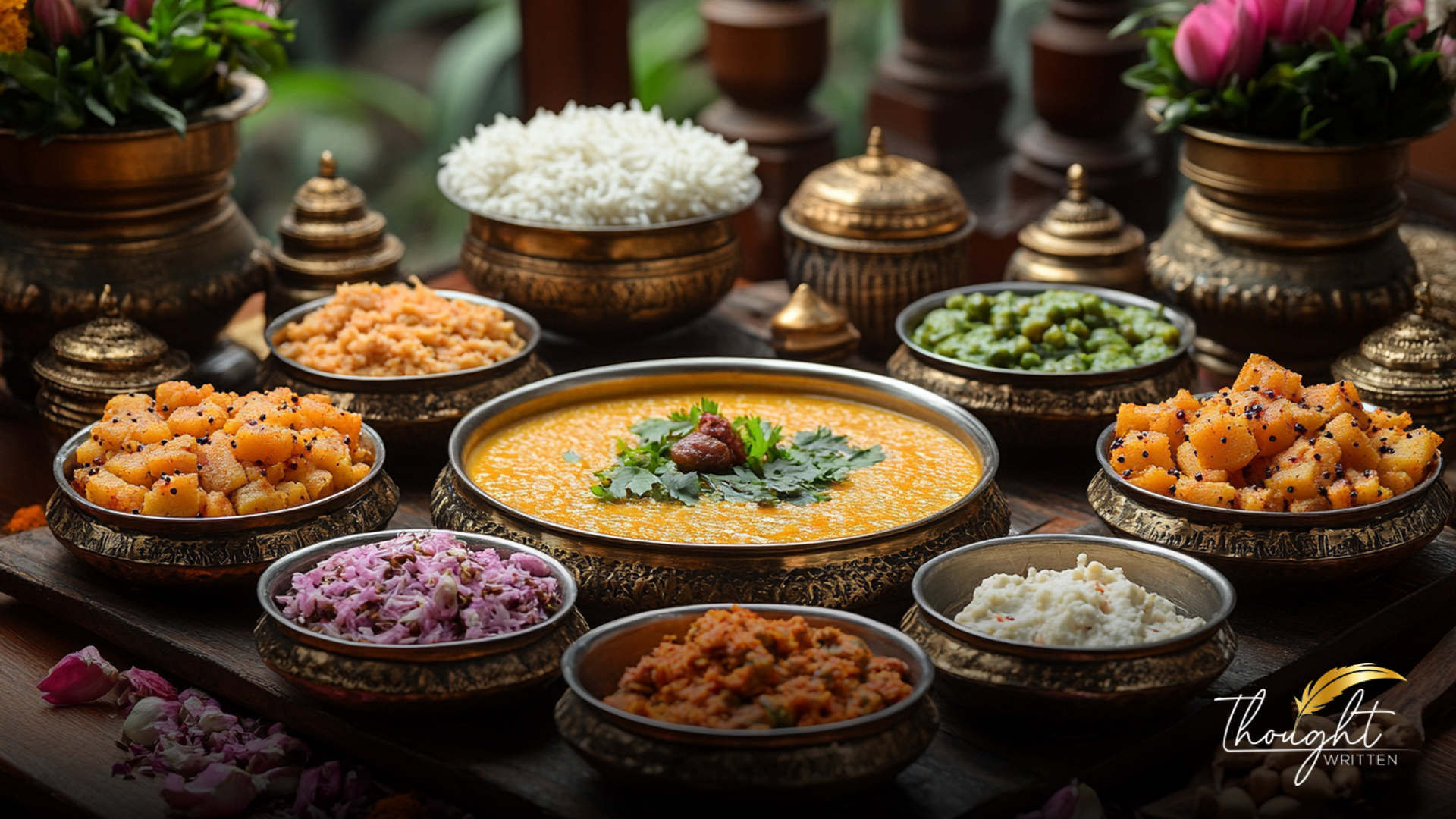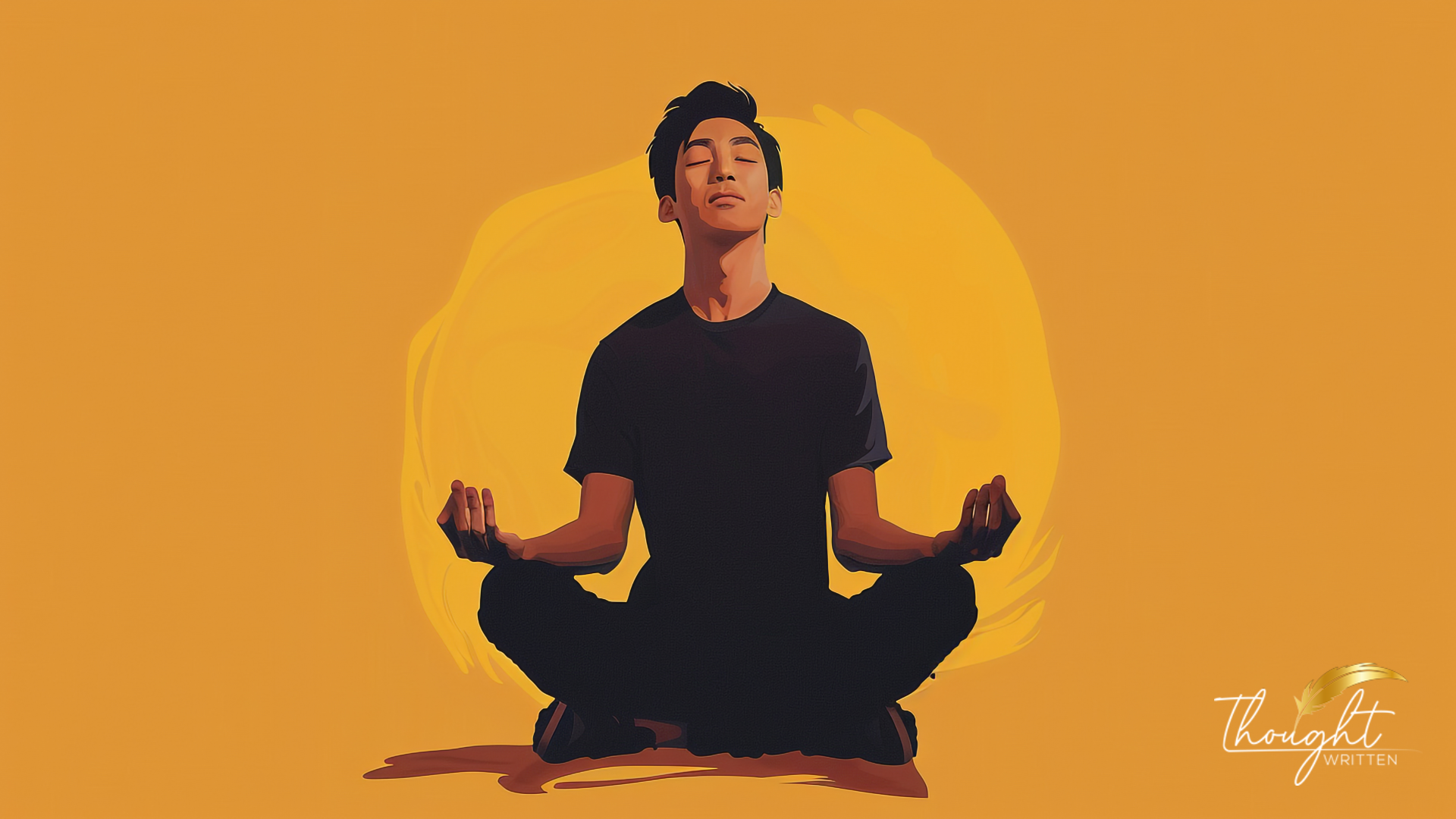In the grand tapestry of Indian festivals, Dussehra, also known as Vijayadashami, shines as a celebration of the timeless battle between good and evil. While it commemorates the historic victory of Lord Rama over the demon king Ravana,
Personal Triumph on Dussehra: Overcoming Your Inner Ravana

In the grand tapestry of Indian festivals, Dussehra, also known as Vijayadashami, shines as a celebration of the timeless battle between good and evil. While it commemorates the historic victory of Lord Rama over the demon king Ravana, it is not merely a recounting of a mythological tale. Dussehra holds a profound message that transcends time and space, inviting each one of us to confront our inner demons, our personal Ravana, and strive for righteousness and self-improvement.
The Symbolic Battle
The epic of Ramayana serves as the backdrop for the festival. Lord Rama, an embodiment of virtue, waged an arduous war against the ten-headed demon king Ravana, who epitomized arrogance, pride, lust, and other vices. The victory of Rama over Ravana symbolizes the eternal triumph of good over evil. This story, though ancient, carries a message that resonates with humanity’s collective conscience.
The Inner Ravana
As we celebrate Dussehra, we’re reminded that the battle between good and evil is not merely an external conflict; it’s an internal struggle we all face. Each of us has our inner Ravana the vices, shortcomings, and negative qualities that hold us back from being our best selves. These inner demons can manifest as anger, greed, jealousy, or fear, and they often hinder our personal growth and the welfare of society.
Dussehra encourages us to take a closer look within and identify our own inner Ravana. It invites us to be introspective and to acknowledge those aspects of our personality that need improvement. In this sense, the festival is a reminder that true victory starts from within, by conquering our innermost vices and cultivating the virtues of kindness, humility, and wisdom.
The Ten Days of Self-Reflection
The celebration of Dussehra extends over ten days, known as Navratri. These days are a time of devotion, fasting, and prayer. Each day is dedicated to a different form of the goddess Durga, who is seen as the embodiment of strength and courage. These days offer a unique opportunity for self-reflection, purification, and personal transformation.
Seeking Knowledge
In many parts of India, Dussehra is celebrated by worshipping books and instruments as tools of knowledge. This underlines the importance of seeking wisdom, acquiring knowledge, and dispelling ignorance. The victory of knowledge over ignorance is a central theme of the festival, reminding us of the significance of lifelong learning.
Celebrating the Triumph of Goodness
Dussehra is not just about the defeat of Ravana but also about celebrating the victory of good. It’s a time to reaffirm our commitment to living a righteous life, to stand up for what is just, and to spread positivity and goodness in the world.
Conclusion
Dussehra, with its age-old traditions and profound symbolism, serves as a guiding light for personal transformation and societal betterment. It teaches us that the battle between good and evil is not confined to ancient legends but is a continual struggle within each of us.
As we celebrate this festival, let us take inspiration from Lord Rama’s triumph over Ravana to confront our inner demons, strive for righteousness, and work towards a brighter, more harmonious world. Dussehra is not just a festival; it’s a call to conquer the inner Ravana that resides within us all.





